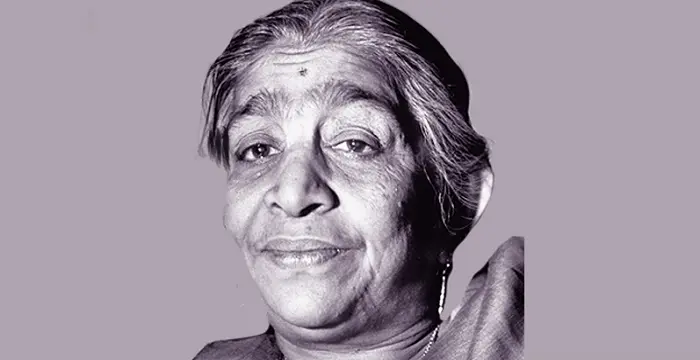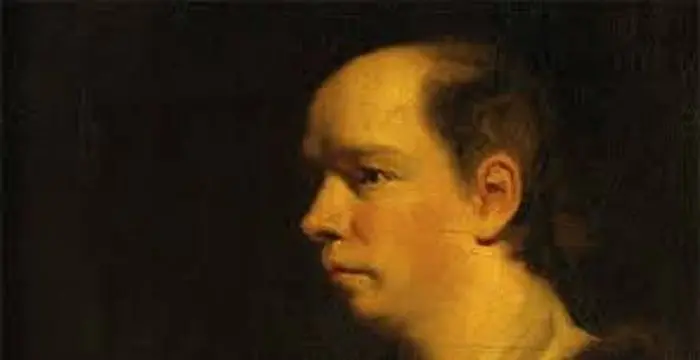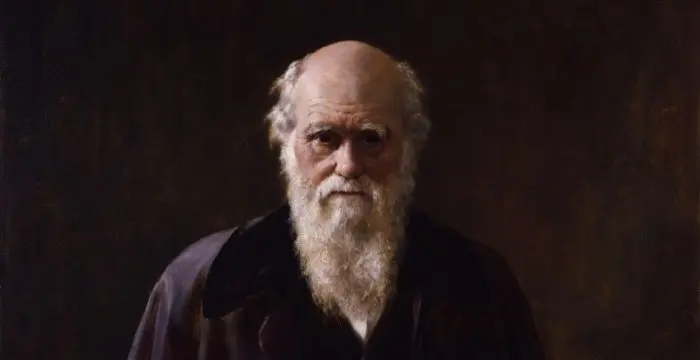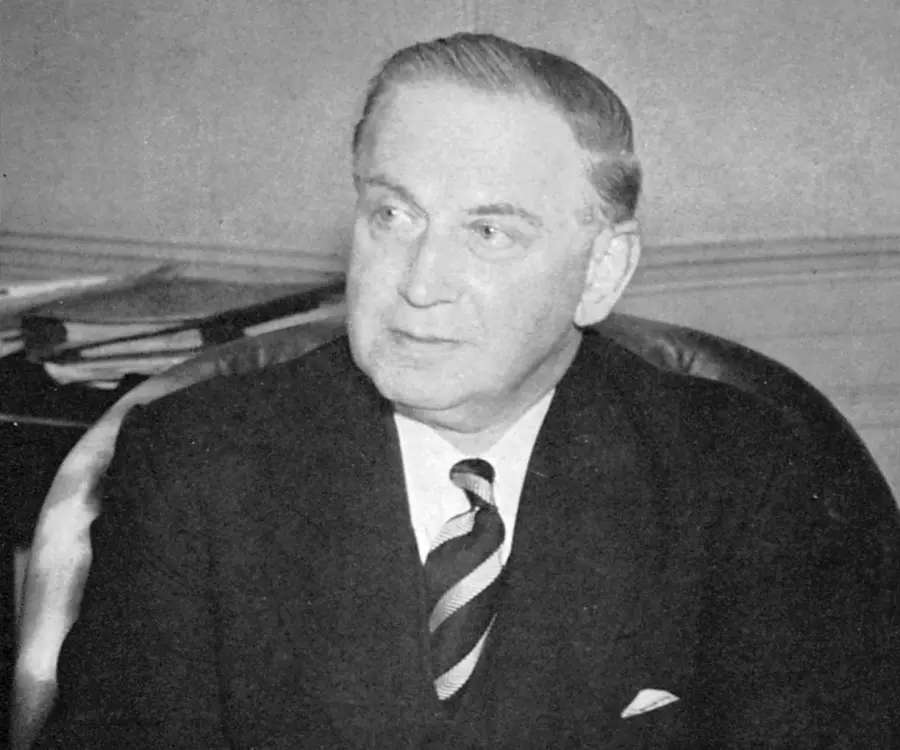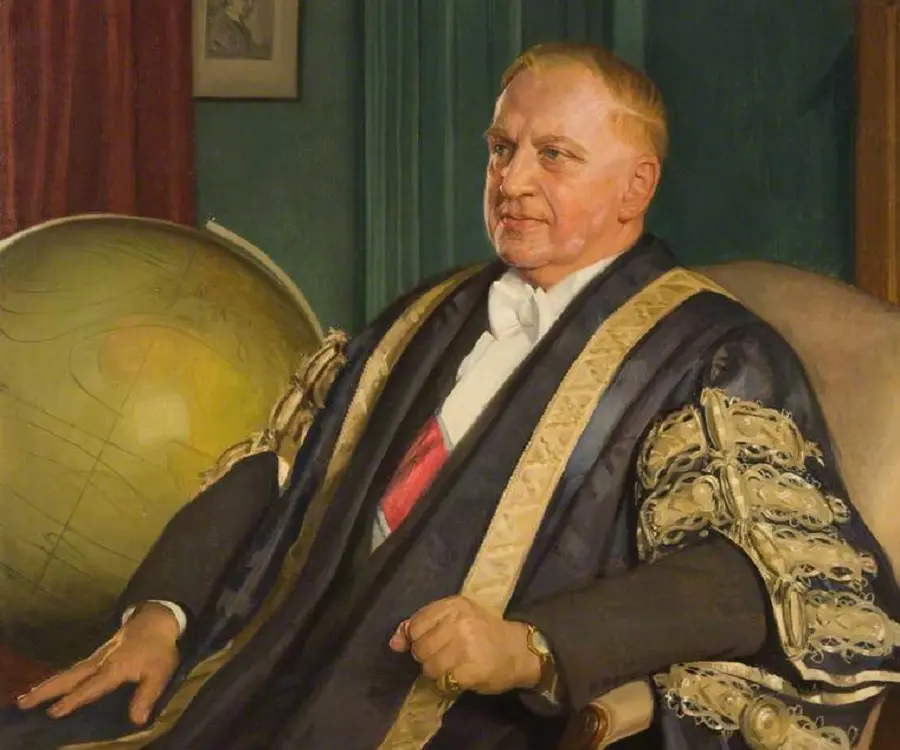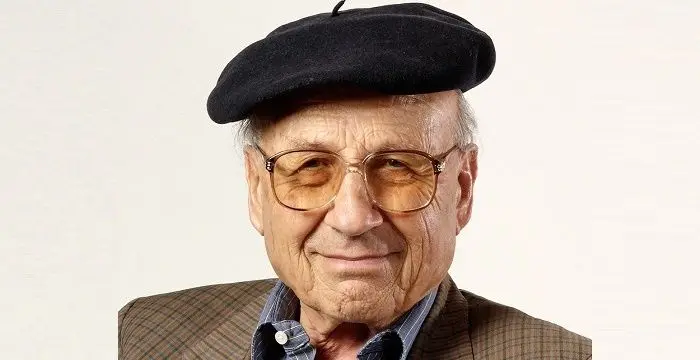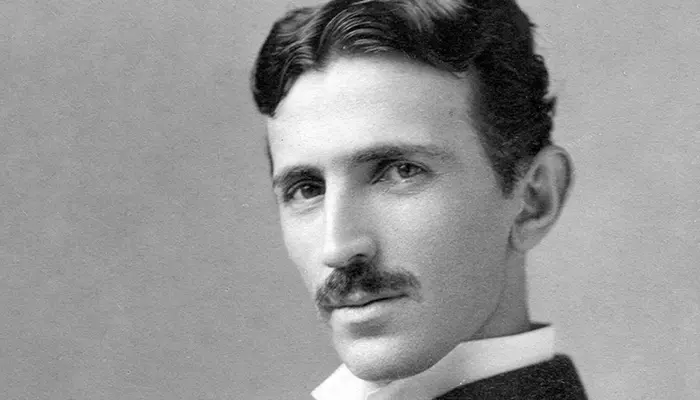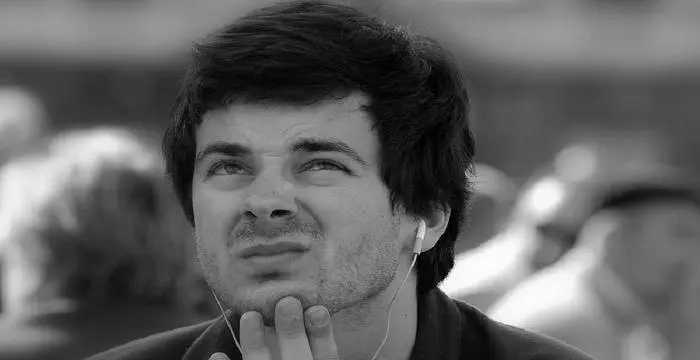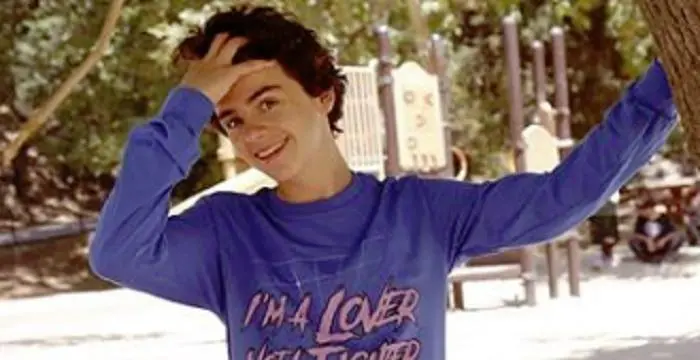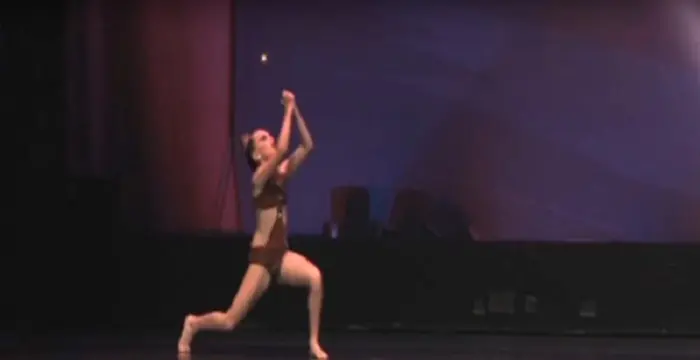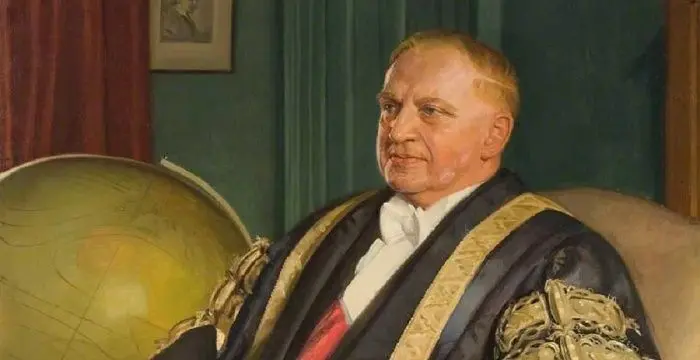
Edward Victor Appleton - Physicists, Birthday and Family
Edward Victor Appleton's Personal Details
Sir Edward Victor Appleton was an English physicist who won the Nobel Prize in Physics in 1947
| Information | Detail |
|---|---|
| Birthday | September 6, 1892 |
| Died on | April 21, 1965 |
| Nationality | British |
| Famous | University Of Edinburgh, Scientists, Physicists |
| Known as | Sir Edward Victor Appleton |
| Universities |
|
| Notable Alumnis |
|
| Birth Place | Bradford |
| Gender | Male |
| Sun Sign | Virgo |
| Born in | Bradford |
| Famous as | Physicist |
| Died at Age | 72 |
// Famous University Of Edinburgh
Sarojini Naidu
Sarojini Naidu was an Indian freedom fighter and poet. Read this brief biography to find more on her life.
Oliver Goldsmith
Oliver Goldsmith was an Anglo-Irish essayist and novelist of the 18th century. Go through this biography to know in details about his life, profile, childhood and timeline.
Charles Darwin
Charles Darwin was one of the most influential figures in human history. Go through this biography to get details about his life, profile and timeline.
Edward Victor Appleton's photo
Who is Edward Victor Appleton?
Sir Edward Victor Appleton was an English physicist who won the Nobel Prize in Physics in 1947. He discovered a layer of the ionosphere, which is a dependable reflector of radio waves, during experiments he carried out in the mid-1920s. Born in England as the son of a warehouseman, Appleton grew up to be a brilliant student with interests in varied subjects and excelled in science and mathematics as well as in the study of literature and language. After completing his schooling he won a scholarship to St John's College, Cambridge. He graduated with first-class honors and immediately began postgraduate work in crystallography. However, the World War I began and interrupted his research work. After serving in the war as a commissioned officer he returned to his research work and started working on radio waves. Atmospheric physics was one field he was passionate about and he embarked on a series of experiments which proved the existence of a layer in the upper atmosphere which eventually became known as the ionosphere. The detection of the ionosphere and its layers played a great role in the development of radio research. The Radio and Space Research Station was renamed the Appleton Laboratory in his honour, in 1974.
// Famous Physicists
Henry Cavendish
Henry Cavendish was a theoretical chemist and physicist, renowned for discovery of hydrogen and calculation of the mass of earth. To know more about his childhood, profile, timeline and career read on
Walter Kohn
Nobel Laureate Walter Kohn was an Austrian-born American theoretical chemist and physicist. Check out this biography to know about his childhood, life, achievements, works & timeline.
Nikola Tesla
Nikola Tesla was a Serbian-American inventor, best known for his development of alternating current electrical systems. This biography of Nikola Tesla provides detailed information about his childhood, life, achievements, works & timeline.
Childhood & Early Life
Edward Victor Appleton was born on September 6, 1892 in Bradford, West Riding of Yorkshire, England to Peter Appleton, a warehouseman, and Mary Wilcock.
He received his primary education from Hanson Grammar School. He excelled in his studies and displayed a keen interest in science and mathematics.
At the age of 16 he entered the University of London. After a couple of years he won a scholarship to St John's College, Cambridge. He graduated with a first class degree in Natural Sciences in 1913.
Following his graduation, he immediately began postgraduate work in crystallography with the distinguished physicist Sir Lawrence Bragg.
The World War I broke out in 1914 and interrupted his research work.
Career
Edward Victor Appleton became a commissioned officer during the World War I. He joined the West Riding Regiment, and later transferred to the Royal Engineers. During his war service he was introduced to radio, a means of communication then in its infancy in the military. This kindled in him an interest in radio waves.
After the war he joined the Cavendish Laboratory at Cambridge in 1920 as the assistant demonstrator in experimental physics. There he worked in collaboration with Balthazar van der Pol and the two began an investigation of the operation of radio vacuum tubes.
In 1924, he was appointed Wheatstone professor of physics at King’s College, University of London. There he gained much prominence for his research into the propagation of electromagnetic waves and detected the existence of a layer of ionosphere which came to be known as the F layer of ionization. He was aided in his research by a young graduate student from New Zealand named Miles Barnett.
The layer of ionosphere he detected was eventually named Appleton–Barnett layer after him and Miles Barnett. The discovery of this layer helped in the development of more reliable long-range radio communication.
He was appointed Jacksonian Professor of Natural Philosophy at the University of Cambridge in 1936 and served there till 1939.
In 1939 he became the secretary of the Department of Scientific and Industrial Research. During the World War II, he worked on radar and the atomic bomb in this position.
As the secretary of the Department of Scientific and Industrial Research, he was also made responsible for the administrative control of all British work on the subject. In 1943 he visited the United States and Canada in order to facilitate collaboration between American and British scientists.
He also worked along with Dr. J.S. Hey of the Ministry of Supply and the two men discovered that sunspots are powerful emitters of short radio waves.
He was made the Principal and Vice-Chancellor of the University of Edinburgh in 1949, a post he would hold until his death in 1965.
The BBC invited him in 1956 to deliver the annual Reith Lectures. Edward Victor Appleton delivered a series of six radio broadcasts, titled ‘Science and the Nation’ in which he explored the different aspects of scientific activity in Britain at the time.
Major Works
Sir Edward Victor Appleton is best remembered for discovering a specific layer of the ionosphere. The layer, called the F layer of the ionosphere, also called the Appleton–Barnett layer, named after him and New Zealander Miles Barnett, has the highest concentration of free electrons and ions anywhere in the atmosphere.
Awards & Achievements
He was knighted in 1941.
Edward Appleton was awarded the Nobel Prize in Physics in 1947 “for his investigations of the physics of the upper atmosphere especially for the discovery of the so-called Appleton layer".
He is also the recipient of several other prestigious awards including Hughes Medal (1933), Faraday Medal (1946), Chree Medal (1947), Royal Medal (1950), and Albert Medal (1950).
Personal Life &Legacy
He married Jessie, daughter of the Rev. J. Longson, in 1915. The couple had two daughters.
He died on 21 April 1965, at the age of 72, in Edinburgh, Scotland.
// Famous Scientists
Juliane Koepcke
Juliane Koepcke is a German-Peruvian biologist, who was the lone survivor among the 92 passengers and crew of the ill-fated LANSA Flight 508 that crashed in the Peruvian rainforest on 24 December 1971. Know more about her life in this biography.
Henry Cavendish
Henry Cavendish was a theoretical chemist and physicist, renowned for discovery of hydrogen and calculation of the mass of earth. To know more about his childhood, profile, timeline and career read on
Konstantin Tsiolkovsky
Konstantin Tsiolkovsky was a Russian rocket scientist and a pioneer of astronautics. This biography provides detailed information about his childhood, family, personal life, career, achievements, etc.
Edward Victor Appleton's awards
| Year | Name | Award |
|---|---|---|
Other | ||
| 0 | 1947 - Nobel Prize in Physics | |
| 0 | 1933 - Hughes Medal | |
| 0 | 1962 - IEEE Medal of Honor | |
| 0 | 1946 - Faraday Medal | |
Edward Victor Appleton biography timelines
- // 6th Sep 1892Edward Victor Appleton was born on September 6, 1892 in Bradford, West Riding of Yorkshire, England to Peter Appleton, a warehouseman, and Mary Wilcock.
- // 1913At the age of 16 he entered the University of London. After a couple of years he won a scholarship to St John's College, Cambridge. He graduated with a first class degree in Natural Sciences in 1913.
- // 1914The World War I broke out in 1914 and interrupted his research work.
- // 1915He married Jessie, daughter of the Rev. J. Longson, in 1915. The couple had two daughters.
- // 1920After the war he joined the Cavendish Laboratory at Cambridge in 1920 as the assistant demonstrator in experimental physics. There he worked in collaboration with Balthazar van der Pol and the two began an investigation of the operation of radio vacuum tubes.
- // 1924In 1924, he was appointed Wheatstone professor of physics at King’s College, University of London. There he gained much prominence for his research into the propagation of electromagnetic waves and detected the existence of a layer of ionosphere which came to be known as the F layer of ionization. He was aided in his research by a young graduate student from New Zealand named Miles Barnett.
- // 1933 To 1950He is also the recipient of several other prestigious awards including Hughes Medal (1933), Faraday Medal (1946), Chree Medal (1947), Royal Medal (1950), and Albert Medal (1950).
- // 1936 To 1939He was appointed Jacksonian Professor of Natural Philosophy at the University of Cambridge in 1936 and served there till 1939.
- // 1939In 1939 he became the secretary of the Department of Scientific and Industrial Research. During the World War II, he worked on radar and the atomic bomb in this position.
- // 1941He was knighted in 1941.
- // 1943As the secretary of the Department of Scientific and Industrial Research, he was also made responsible for the administrative control of all British work on the subject. In 1943 he visited the United States and Canada in order to facilitate collaboration between American and British scientists.
- // 1947Edward Appleton was awarded the Nobel Prize in Physics in 1947 “for his investigations of the physics of the upper atmosphere especially for the discovery of the so-called Appleton layer".
- // 1949 To 1965He was made the Principal and Vice-Chancellor of the University of Edinburgh in 1949, a post he would hold until his death in 1965.
- // 1956The BBC invited him in 1956 to deliver the annual Reith Lectures. Edward Victor Appleton delivered a series of six radio broadcasts, titled ‘Science and the Nation’ in which he explored the different aspects of scientific activity in Britain at the time.
- // 21st Apr 1965He died on 21 April 1965, at the age of 72, in Edinburgh, Scotland.
// Famous Virgo Celebrities peoples
Temple Grandin
Temple Grandin is a well-known American writer, autistic activist and animal expert. This biography profiles her childhood, life, achievements, career and timeline
Alex Holtti
Check out all that you wanted to know about Alex Holtti, the famous Danish Viner & YouTuber; his birthday, his family and personal life, his girlfriends, fun trivia facts and more.
Benjamin Atkinson
Benjamin Atkinson is the son of the world-renowned British actor and comedian, Rowan Atkinson. Check out this biography to know about his childhood, family, personal life, including his age, birthday, etc.
Jack Dylan Grazer
Jack Dylan Grazer is an American actor known mainly for his performance in the movie version of ‘Stephen King’s novel ‘It.’ Check out this biography to know about his childhood, family, personal life, birthday, etc.
Ted Williams
Ted Williams was an American baseball player. Read this biography to learn more about his profile, childhood, life and timeline.
Mia Diaz
All about American dancer and actor Mia Diaz, including her age, family life, birthday, boyfriends, net worth, and some fun facts.
Edward Victor Appleton's FAQ
What is Edward Victor Appleton birthday?
Edward Victor Appleton was born at 1892-09-06
When was Edward Victor Appleton died?
Edward Victor Appleton was died at 1965-04-21
Where was Edward Victor Appleton died?
Edward Victor Appleton was died in Edinburgh
Which age was Edward Victor Appleton died?
Edward Victor Appleton was died at age 72
Where is Edward Victor Appleton's birth place?
Edward Victor Appleton was born in Bradford
What is Edward Victor Appleton nationalities?
Edward Victor Appleton's nationalities is British
What was Edward Victor Appleton universities?
Edward Victor Appleton studied at University Of Edinburgh, King's College London, University of Edinburgh, St John's College, Cambridge, University of Cambridge, University of London
What was Edward Victor Appleton notable alumnis?
Edward Victor Appleton's notable alumnis is University Of Edinburgh
What is Edward Victor Appleton's sun sign?
Edward Victor Appleton is Virgo
How famous is Edward Victor Appleton?
Edward Victor Appleton is famouse as Physicist
